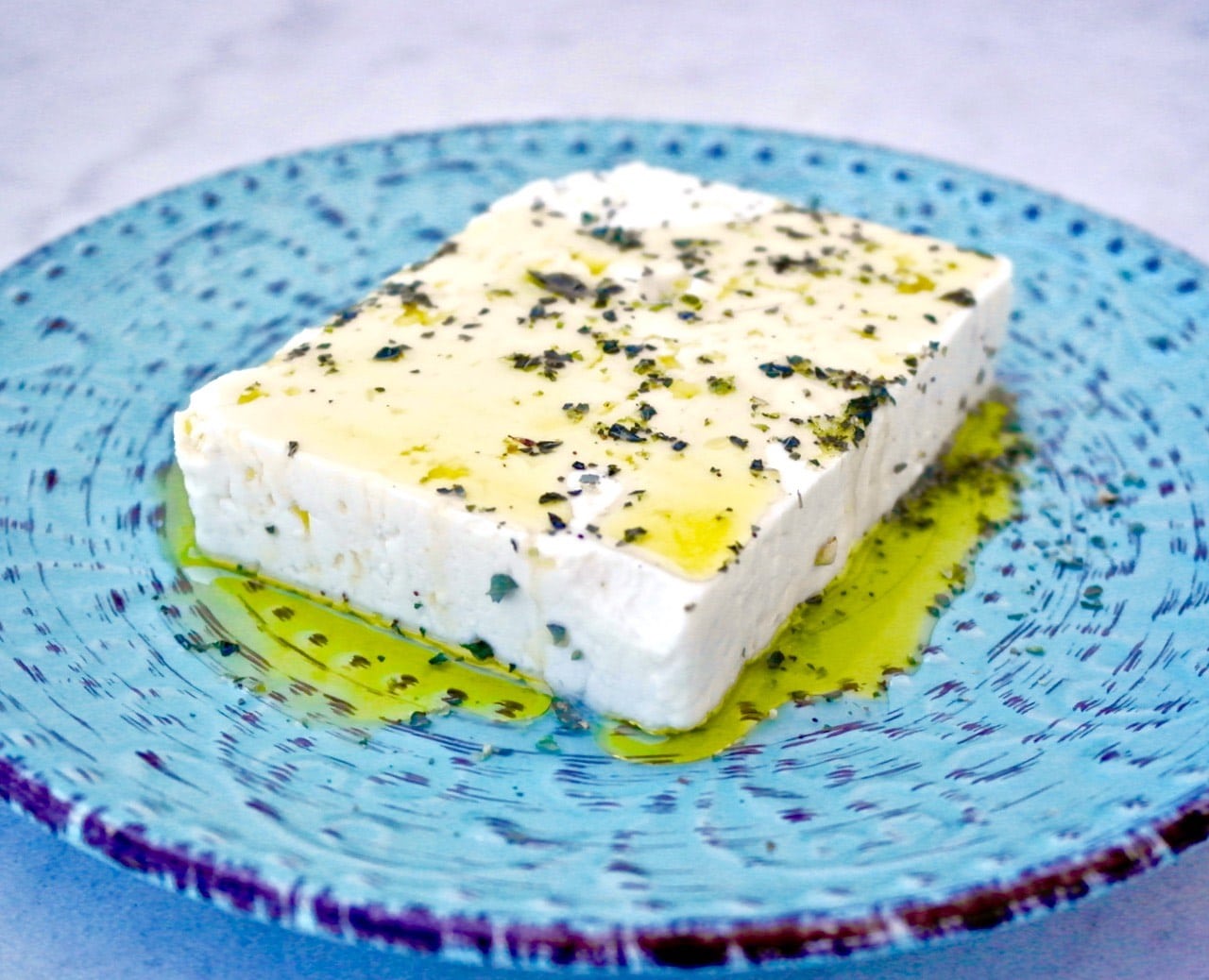WHAT BENEFITS GREEK CHEESE CAN HAVE
Although cheese is a favourite food, in our minds it is associated with a lot of calories and unnecessary fat. However, research shows that they can benefit our diets, as long as they are consumed in moderation.
The whole cheese debate started in my inner circle when the "serious" question was asked: What do they offer us? Gouda, Gruyere, cheddar, Roquefort, and many others, all of them delicious. However, are they worth eating or are we just loading our bodies with unnecessary fat and plenty of calories?

I imagine this dilemma is not just mine. I've heard that many people feel guilty about eating cheese or prefer not to accompany their food with any in order to avoid getting more fat. They often replace it with yogurt or cream cheese, and the new trend is to use nutritional yeast instead of cheese.
However, more and more research is being done to establish with certainty the benefits of cheese when consumed in reasonable quantities.

Possible health benefits of cheese
1. They are a good source of nutrients
Cheese has a high nutritional value as it is rich in protein, calcium and phosphorus. According to WebMD, the calcium and protein in cheese make it ideal for building strong bones and muscles. In fact, they are among the best sources of calcium, especially Crete head cheese and ricotta. They also contain high amounts of vitamins A and B12.
2. There is evidence that they benefit the heart
This particular issue seems to be under debate. While earlier studies claimed a link between high intake of saturated fat from dairy products and higher risk of heart disease, more recent research suggests that full-fat dairy products may not be as unhealthy as we once thought. They may even have a positive effect, potentially reducing the risk of disease. At the same time, there is evidence that they have anti-inflammatory properties.
3. They are a source of conjugated linoleic acid (CLA)
High-fat cheeses, such as blue cheese, French brie and cheddar, contain small amounts of conjugated linoleic acid (CLA). CLA is one type of beneficial fat that may help prevent obesity, according to research.

Moderation in their consumption is needed.
While the saturated fat in cheese may not be as harmful as we once thought, research is still ongoing and the evidence is probably not enough to say with certainty that eating cheese is completely neutral or beneficial. Therefore, it is advisable to eat them in reasonable portions.
Indeed, how we consume cheese depends to a large extent on the other foods we include in our diet. In other words, adding a little grated cheese on top of a salad with foods such as vegetables, nuts or seeds does not mean that we are eating a "bad" diet.
And of course, if someone has specific health problems, such as high cholesterol, it is essential to always check with their doctor about their consumption of cheese and other foods.
Translated with www.DeepL.com/Translator (free version)
 Skip to content
Skip to content